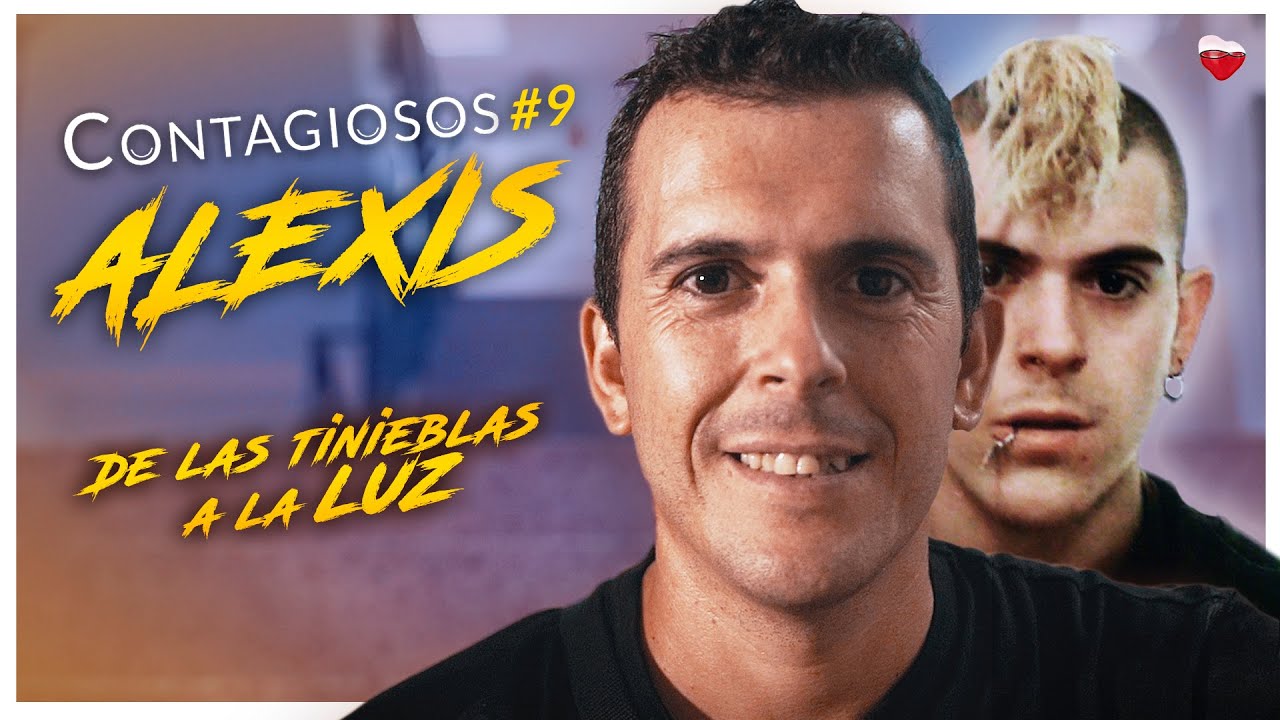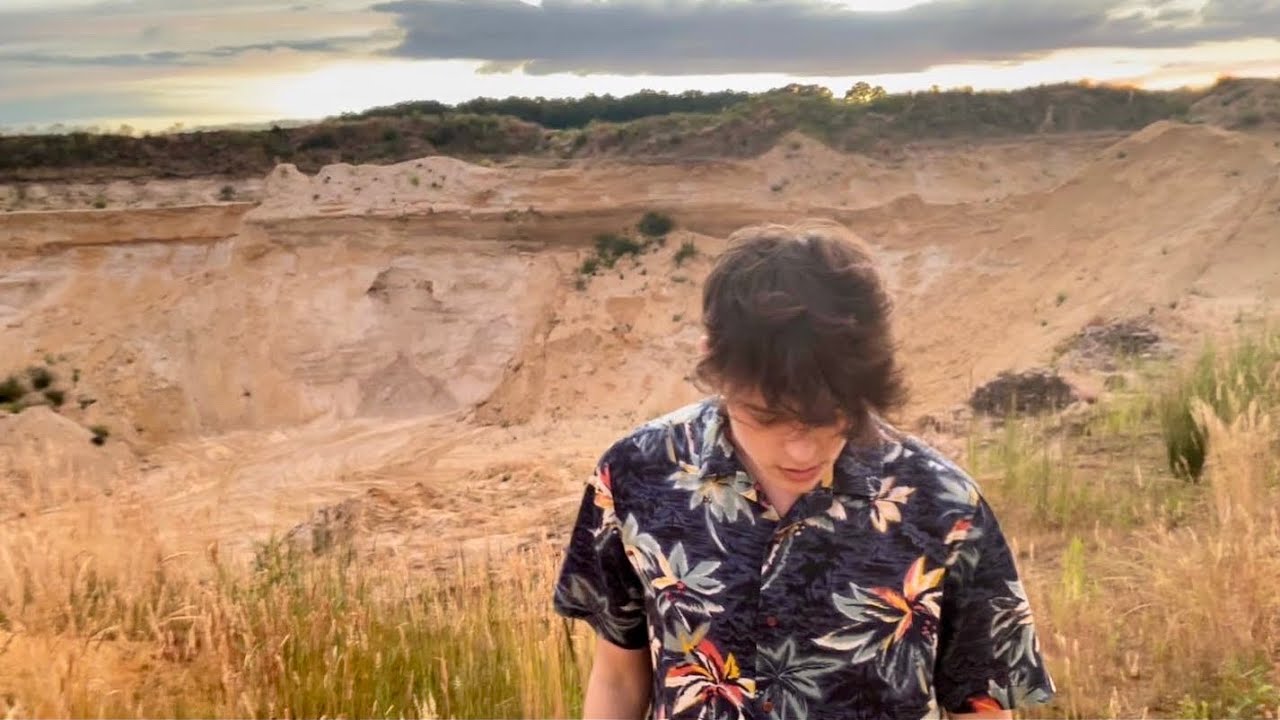Music Therapy for Mental Health
Summary
TLDRVictor Paterson, a former US Army member and drummer, shares his journey from a young music enthusiast to facing struggles with addiction and finding redemption through music therapy. Music therapist Kristin Grillo explains how music serves as a tool for healing, connecting veterans through shared experiences and emotions. Victor reflects on his transformation, with music helping him regain independence and purpose. The video highlights the therapeutic power of music and the impact it has on mental health and recovery, especially for veterans, fostering healing and personal growth.
Takeaways
- 😀 Victor Paterson served in the US Army from 1982 to 1984 and started drumming at a young age.
- 😀 His first professional gig was with Walter Hawkins in Vegas at age 16, despite being too young to perform at clubs.
- 😀 Victor faced challenges with addiction, which led him to sell his drums and experience a period of loss and confusion.
- 😀 He eventually found help through a program that offers support to veterans, leading him to regain his passion for music.
- 😀 Kristin Grillo, a music therapist at the VA Palo Alto healthcare system, uses music as a therapeutic tool to address mental and physical health needs.
- 😀 Music therapy is not about teaching music but using it as a means to address deeper emotional or psychological challenges.
- 😀 Veterans often struggle with the shift from military structure to civilian life, which can lead to difficulties in adjusting and seeking support.
- 😀 Victor expresses gratitude for the resources available to him, including housing, emotional support, and music therapy, which helped him reconnect with his career.
- 😀 Music acts as a universal language, allowing people from different backgrounds to connect and communicate without needing to share personal stories.
- 😀 Through music therapy, veterans like Victor can express feelings and emotions that are hard to articulate with words alone.
- 😀 Victor is now living independently at 60, experiencing newfound freedom and a sense of purpose in his life thanks to the program.
- 😀 Victor hopes that his story and experience can inspire others to seek help and take advantage of similar programs.
Q & A
What is Victor Paterson's background and how did he get started with drumming?
-Victor Paterson served in the US Army from 1982 to 1984. He started drumming at a young age, influenced by watching his brothers practice. He got his first drum set at the age of 14 and played for hours after school.
How did Victor’s career in music begin?
-Victor's first professional music experience was in Las Vegas with Walter Hawkins, who is the brother of Edwin Hawkins, famous for 'Oh Happy Day.' He was so young that his mother had to sign permission slips for him to play at clubs.
What significant turning point did Victor face in his music career?
-Victor was offered a chance to join the band 'Towel,' but he had to choose between his job as an electromechanical draftsman and the music gig. He chose the gig and quit his job, marking a pivotal moment in his career.
How did addiction affect Victor’s life and career?
-After becoming involved in the music scene, Victor was introduced to substances like cocaine, liquor, and unhealthy relationships. This led to addiction, which caused him to lose his drums and feel lost and confused for years.
How did Victor feel about his addiction and recovery?
-Victor reflects on his addiction as a 'terrible thing,' but he is grateful for a recovery program that helped him. He acknowledges that despite the challenges, he has found hope through the support system available to him.
What role does Kristin Grillo play in the healthcare system?
-Kristin Grillo is a music therapist at the VA Palo Alto Healthcare System. She uses music as a therapeutic tool to address various needs, such as mental and physical health, by playing music with clients or discussing it to help them work through personal challenges.
What makes the transition from military to civilian life challenging, according to Kristin?
-Kristin explains that the military instills a very specific structure and way of life. Once veterans transition to civilian life, they face a dramatic shift in structure, often leading to difficulties that civilians may not fully understand.
What impact did the music therapy program have on Victor?
-Victor expressed how the music therapy program provided him with an outlet to deal with his emotions, reconnect with music, and even think about restarting his music career. He feels grateful and excited about the opportunity it gives him.
How does music help people express themselves, especially veterans, according to Kristin?
-Kristin highlights that music is a universal language that helps people express thoughts and emotions that are often difficult to articulate with words. Through music, individuals can connect and communicate, even without a shared personal story.
How has Victor’s personal situation improved, and what message does he want to share?
-Victor, now in his 60s, is experiencing independence for the first time. He has his own place and a more stable life. He hopes his story and the music therapy program can inspire others, as he believes it is a blessing to touch even one person with this opportunity.
Outlines

This section is available to paid users only. Please upgrade to access this part.
Upgrade NowMindmap

This section is available to paid users only. Please upgrade to access this part.
Upgrade NowKeywords

This section is available to paid users only. Please upgrade to access this part.
Upgrade NowHighlights

This section is available to paid users only. Please upgrade to access this part.
Upgrade NowTranscripts

This section is available to paid users only. Please upgrade to access this part.
Upgrade NowBrowse More Related Video

Bully Doesn't Know POOR KID Is COUNTRY ICON (Story of Jelly Roll) | Dhar Mann Studios

CONTAGIOSOS #9 | "ASÍ SUPERÉ MI ADICCIÓN A LAS DROGAS"

From Killing Rage to Peace | THIS IS MY STORY | NAIM

Music as a Language: Victor Wooten at TEDxGabriolaIsland

CDC: Tips From Former Smokers - Brian H.: Part of Who I Was

Füll die Leere mit Musik
5.0 / 5 (0 votes)